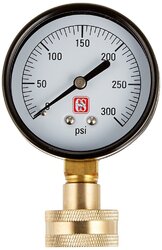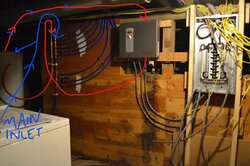We recently remodeled our house and put in all new plumbing. we have an upstairs shower stall that has suddenly started dripping when the downstairs bath is running. No other faucets do this in the house, and it is only when the water is running out of the bath spigot, not the shower head.
Thoughts on what this could be? it doesn't get used very often....
Thoughts on what this could be? it doesn't get used very often....




